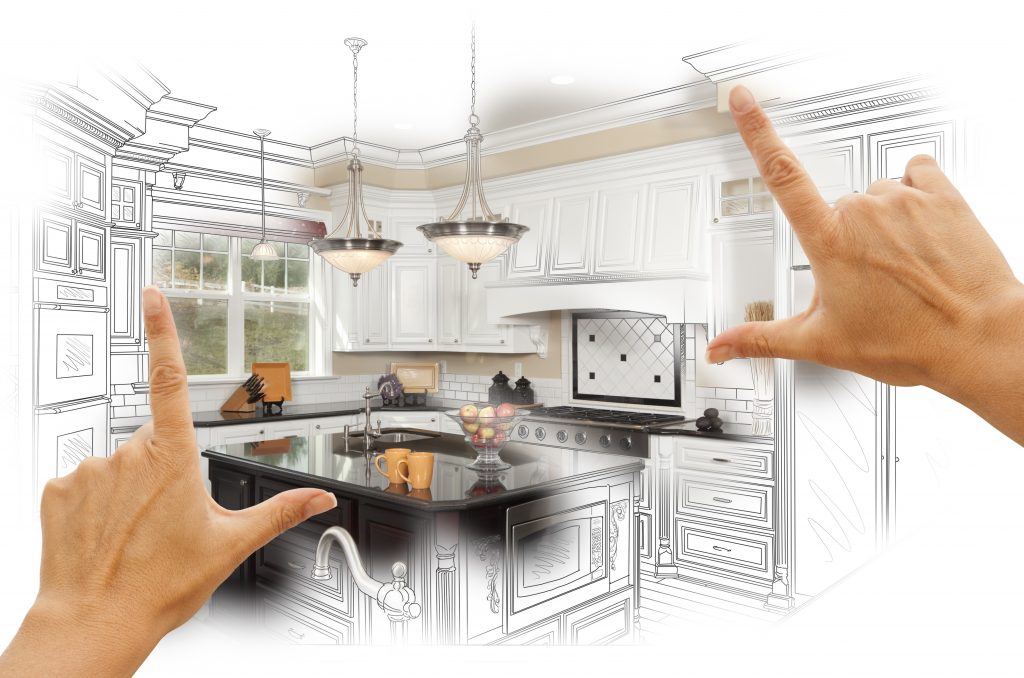A canopy can provide a great deal of shelter to people and items that are outside at your facility or property. Canopies can protect people from rain, sleet, snow and the sun’s harmful UV rays.
In addition to providing shade and weather protection, canopy canopy installation near me systems also help reduce energy costs. Awnings can block up to 85% of UV rays that enter through windows and doors, which reduces the need for air conditioning and heating in commercial buildings.
Whether you’re looking for a canopy to install in your own home or you need one for a large corporate building, there is a wide variety of options available to meet your needs. In this article, we will discuss some of the most common types of canopies and how they can benefit your property.
Most facilities require people to be outdoors at some point, whether they’re moving from their car to a building, going from building to building, or loading and unloading materials. While this is convenient most of the time, it can become inconvenient and frustrating if your building or campus isn’t equipped with proper weather protection.
For this reason, many companies and campuses choose to use canopies to keep their employees and guests safe from the elements. Walkway canopies are particularly useful for this purpose, as they help keep rain, sleet, and snow off the walkways most frequently used by a lot of people. These canopies are designed to be heavy-duty and long-lasting, so they can stand up to the heavy traffic that walkways receive on a daily basis.
Doorway canopies are another common type of canopy for businesses and residential properties. These canopies are often installed in front of or at the entrance to a house or building, and they provide a place for people to stand out of the rain or the hot sun. They can be simple and small, or they can be more elaborate and decorative. They are usually made out of wood, metal, or a combination of both.
Louvred roof systems are a popular choice for commercial and industrial canopies. They are able to resist wind and rain and can be used for many seasons. They are also able to reduce indoor temperatures and allow sunlight in during the summer, while blocking UV rays during the winter.

